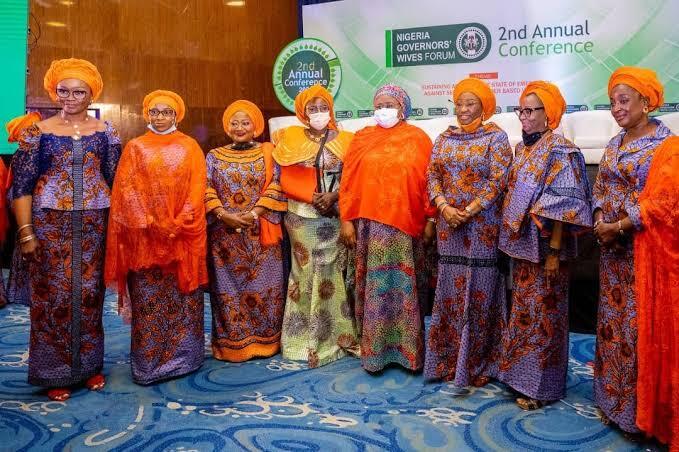The Chachavivi Women and Girl Child Development Foundation has intensified efforts to raise awareness about the harmful practice of breast ironing in Pigba, located near Apo Mechanic Village in the Federal Capital Territory (FCT), Abuja.
The group noted that the harmful traditional practice of breast ironing in the community remains a silent scourge despite sensitisation campaigns and a government-backed Memorandum of Understanding (MOU) signed with the community in 2024.
The group recalled that last year, 2024, former Minister of Women Affairs, Uju Kennedy-Ohanenye, agreed with Pigba leaders, promising to confront the practice head-on.
Awareness sessions followed, during which residents were reminded that ignorance of the law offers no protection for offenders. However, with the exit of the minister, community members say the campaign has lost steam and are appealing to the new minister to revive the initiative.
According to the United Nations, breast ironing, also called breast flattening, affects nearly four million women globally and ranks among the most underreported forms of gender-based violence.
Medical experts warn that beyond causing excruciating pain, the practice damages breast tissue, increases risks of infection, hampers future breastfeeding, and leaves victims with psychological scars such as trauma, anxiety, and low self-esteem.
Dr. Patrick Eze, a medical practitioner, explained: “Breast ironing causes hematoma formation within the breast muscles. This can lead to bleeding, infections, and, in severe cases, increase the risk of breast cancer.”
For some residents of Pigba, the MOU once brought hope that change was possible. Ruth Ibrahim, the community secretary, said the fading of the agreement is discouraging.
“The old women who still believe in the practice are our challenge,” she said. “If the Minister revisits the MOU, we will mobilise them to understand they are not above the law.”
Others link the practice to poverty and fear. A resident, Tuma Usman, argued that parents often resort to breast ironing in the belief that it prevents unwanted pregnancies and protects girls from early harassment.
“It is because of poverty they are doing it. The government should provide empowerment,” she stressed.
One elderly woman, a resident, who does not want to be named, admitted that she once ironed her daughter’s breasts before awareness campaigns reached the community.
“We did not know it was harmful. It was a tradition passed on by our grandparents,” she confessed.
Halima Oiza Sadiq, Executive Director of Chachavivi Women and Girl Child Development Foundation, has been one of the loudest voices campaigning against breast ironing in the FCT. She believes changing the practice requires continuous awareness and stronger policy enforcement.
“It is unfortunate that such things are still happening in the FCT. The belief has been passed down for generations and has become a norm. Our foundation is committed to providing information and building awareness so that people can abandon it,” she said.
Sadiq noted that weak enforcement of existing laws undermines progress.
“We have beautiful laws and policies, but enforcement is weak; it’s an institutional issue we have always faced in Nigeria. We need the Ministry of Women Affairs and Social Development to make this law active and domesticate it in all states. You cannot prosecute someone who does not know the law exists,” she emphasised.






